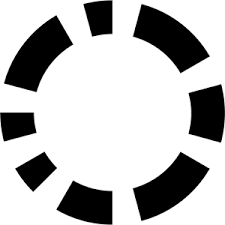Lizard: Codacy Integrates New Code Complexity Analysis Tool

We are thrilled to announce the release of Lizard, Codacy's latest integration, a tool for detecting and reporting code complexity issues.
Lizard is a powerful static analysis tool that evaluates code complexity across 15 programming languages, helping developers gain deeper insights into their code quality to ensure their code remains clean, maintainable, and efficient.
How It Helps You
Lizard provides actionable insights by detecting:
- Cyclomatic complexity violations: Flags methods that exceed a set complexity threshold, helping developers avoid overly intricate logic that can be hard to understand and maintain.
- Excessive function parameters: Identifies functions with too many parameters can be challenging to manage and test. Lizard helps identify these cases to encourage simpler, modular design.
- Overly long methods: Detects methods that exceed a reasonable length (excluding comments) are reported, allowing developers to break them down into smaller, more manageable components.
Like other static analysis tools in Codacy, Lizard seamlessly integrates into your development workflow.
It provides real-time complexity insights at commit, pull request (PR), and file levels—whether you work directly in GitHub or within your IDE.
Please note that, currently, Lizard operates as a tool and does not impact:
- File-level complexity scores
- Complexity quality gates
- Dashboard complexity metrics
However, we will be actively working on integrating it as a metric shortly, so stay tuned!
.svg)


